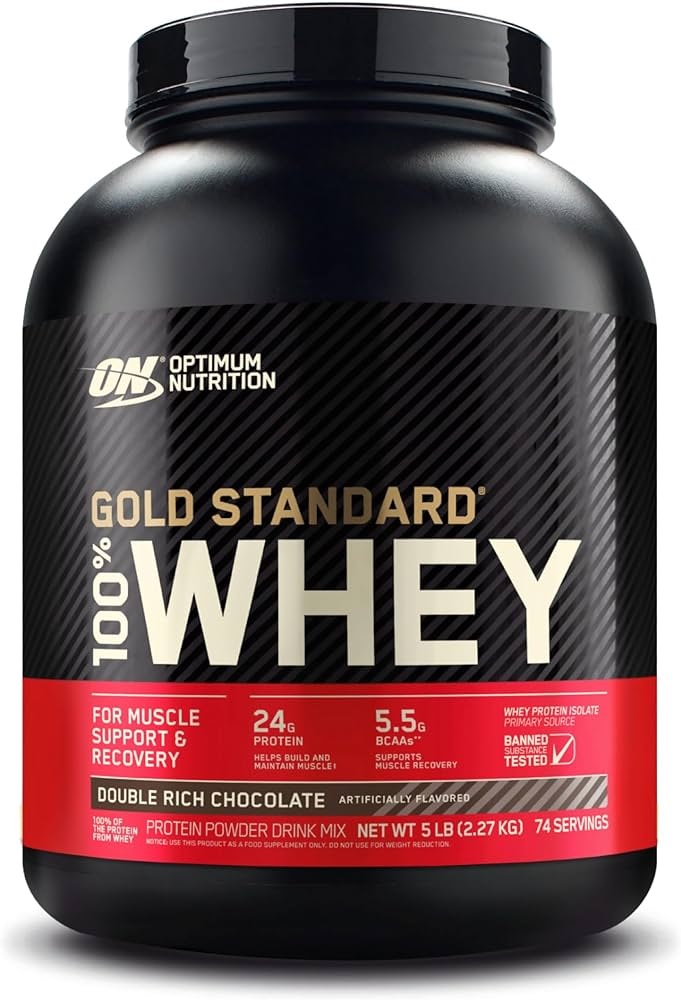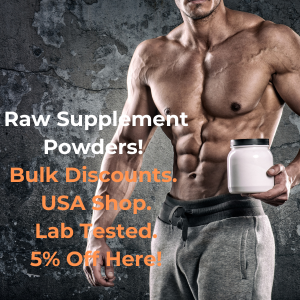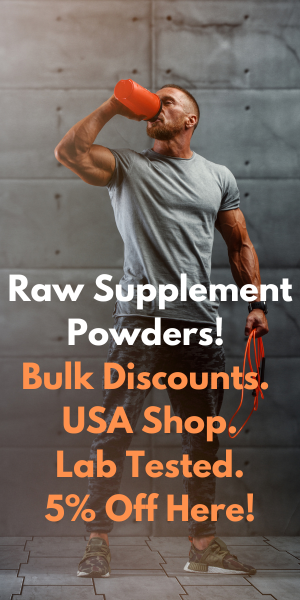Individuals with irritable bowel syndrome (IBS) often face challenges when it comes to choosing dietary supplements, including protein powders. While protein powders are popular among fitness enthusiasts and athletes for muscle building and recovery, those with IBS may wonder if these supplements are suitable for them. Understanding how protein powders may affect IBS symptoms and what factors to consider when selecting a protein powder is essential for individuals managing this condition.
- What Are The Health Benefits Of Chaga Mushroom Supplement
- Does Chaga Mushroom Supplement Have Benefits For Gut Health
- Chaga Mushroom To Improve Fertility
- Chaga Mushroom Supplement Benefits For Your Eyes
- Can Chaga Mushroom Help Eczema
- Does Chaga Mushroom Supplement Boost Energy Levels
IBS is a gastrointestinal disorder characterized by symptoms such as abdominal pain, bloating, diarrhea, and constipation. Certain ingredients commonly found in protein powders, such as lactose, artificial sweeteners, and high levels of fiber, may exacerbate these symptoms in individuals with IBS. Therefore, it’s crucial for individuals with IBS to choose protein powders that are low in FODMAPs (fermentable oligosaccharides, disaccharides, monosaccharides, and polyols) and free from ingredients that are known to trigger gastrointestinal distress.
Opting for protein powders made from easily digestible sources such as whey protein isolate or hydrolyzed whey protein may be more suitable for individuals with IBS. These types of protein powders are typically lower in lactose and have undergone processing to break down proteins into smaller, more digestible fragments. Additionally, selecting protein powders that are free from artificial sweeteners, flavors, and additives can help minimize the risk of triggering IBS symptoms.
It’s essential for individuals with IBS to listen to their bodies and monitor how different protein powders affect their symptoms. Keeping a food diary and noting any changes in symptoms after consuming protein powders can help identify triggers and determine which products are best tolerated. Consulting with a healthcare professional or registered dietitian who specializes in IBS management can also provide personalized guidance and recommendations tailored to individual needs and dietary preferences. Ultimately, finding the right protein powder that supports both fitness goals and digestive health is possible with careful consideration and experimentation.

Buy Protein Powder Online
We Have Some Of The Best Protein Powder Out There!
Come have a look what types of Protein we have? Shop the best Protein Powder! We have found the best deals! Or please feel free to read more about the many benefits of Protein supplements on site.
Are protein powders suitable for individuals with IBS?
This FAQ addresses the general suitability of protein powders for individuals with IBS and provides insights into factors to consider when selecting protein supplements to manage IBS symptoms effectively.
Which ingredients in protein powders can trigger IBS symptoms?
This FAQ delves into specific ingredients commonly found in protein powders that may exacerbate IBS symptoms, such as lactose, artificial sweeteners, and high-fiber additives, helping individuals identify potential triggers.
What types of protein powders are recommended for individuals with IBS?
This FAQ offers guidance on selecting protein powders that are low in FODMAPs, easily digestible, and free from ingredients known to trigger gastrointestinal distress, aiding individuals in making informed choices for their dietary needs.
How can individuals with IBS determine the best protein powder for their needs?
This FAQ provides practical tips, such as keeping a food diary and monitoring symptoms after consuming different protein powders, and suggests consulting with healthcare professionals or registered dietitians for personalized recommendations and guidance. Shop raw supplements, bulk discount, lab tested 5% off here!







